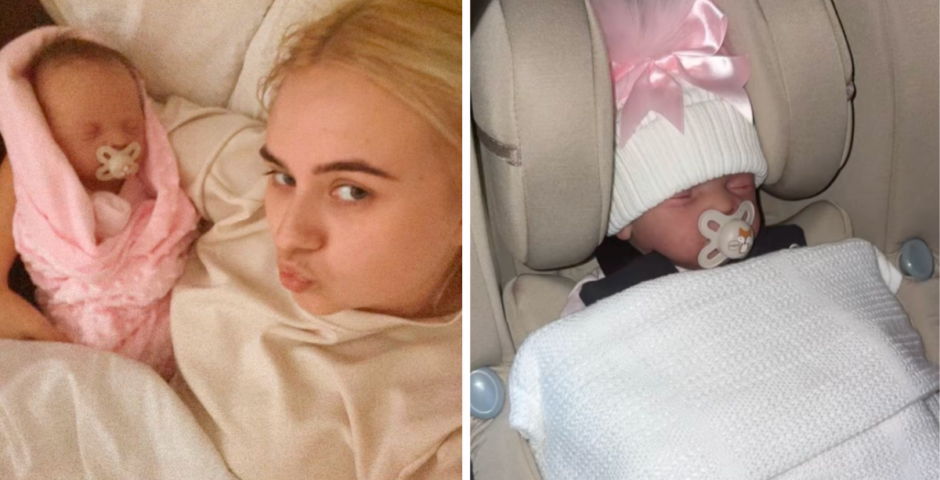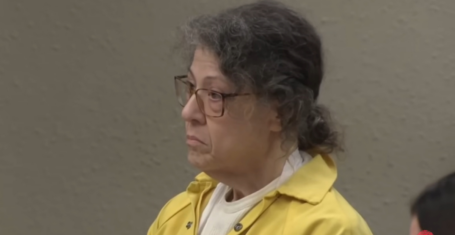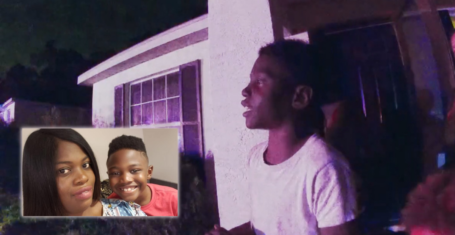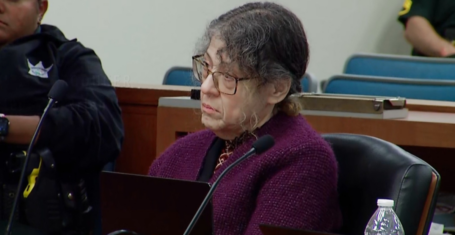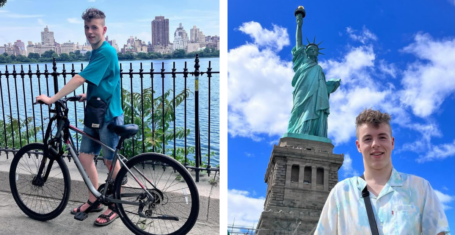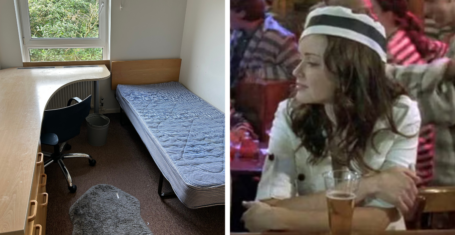
Swansea Uni lecturer recognised for research into autistic people’s pregnancy experiences
The research aims to investigate autistic people’s experiences during pregnancy, inspired by the lecturers own experiences
A Swansea University lecturer has been recognised for her research into autistic people’s pregnancy experiences.
Dr Aimee Grant was named Campaigner of the Year for her groundbreaking research, inspired by her own life.
This year marked the 21st year of The Sense Awards, an annual celebration for people with complex disabilities and those in their lives supporting them, to recognise their achievements.
Dr Grant was diagnosed as autistic in 2019 and a year later had an ectopic pregnancy and needed emergency surgery. Her experience was made more difficult due to the noisiness of the ward which was filled with loud conversations, the strong smell of chemicals, and bright lights. Against medical advice, Dr Grant ended up discharging herself from the hospital.
This experience inspired Dr Grant to begin her research and videos, titled: “Autistic Pregnancy, birth and beyond: Your questions answered”, which have now been viewed thousands of times. These videos are led by experts with autism who answer common worries and queries held by autistic people.
Dr Grant is now leading an eight-year project to try to understand autistic people’s reproductive health experiences, from starting their periods to going through menopause, alongside a community council of 11 autistic people. For this, she aims to carry out around 1,000 interviews during the project.
This groundbreaking research will help to improve the relationship between healthcare and autistic people, who currently struggle to access treatment when unwell. Dr Grant also aims to help health professionals better recognise and understand the differences between autistic and non-autistic patients.
Most Read
Speaking about her research, Dr Grant said: “There is so much misunderstanding about autism and the needs of autistic people, that I do what I can to bust harmful myths. I’m delighted that our work has been recognised by Sense and to have been named as Campaigner of the Year.
“We need maternity care that better meets autistic people’s needs and I believe our research could ultimately make Autistic people better informed about warning signs during pregnancy, such as bleeding. I also hope it will help staff in maternity services by giving them resources they can share with parents.
“The problems autistic people face are real. 10 people told me that they were literally about to give birth but were not believed by maternity staff, because Autistic people often display pain differently.”
She continued by saying: “We’re not always asking for changes that would be big or expensive. Believing reports of pain could really improve birth experiences. Turning off the big light and using a small light in the corner of a room or turning off the constant beep of a monitor and watching it instead, could make people feel much more comfortable.”
The Chief Executive at Sense, Richard Kramer called Dr Grant’s research “life changing and potentially life saving for so many autistic people,” adding: “Her videos about autistic pregnancy have given reassurance to thousands of viewers and the way she is raising awareness within the medical profession of autistic people’s needs is fantastic.
“We are delighted to name her as our Sense Campaigner of the Year.”
It is clear there is still progress to be made, but Dr Grant’s research has sparked change in this overlooked area and will continue to help improve healthcare for autistic people.
Feature image credit: Swansea University



